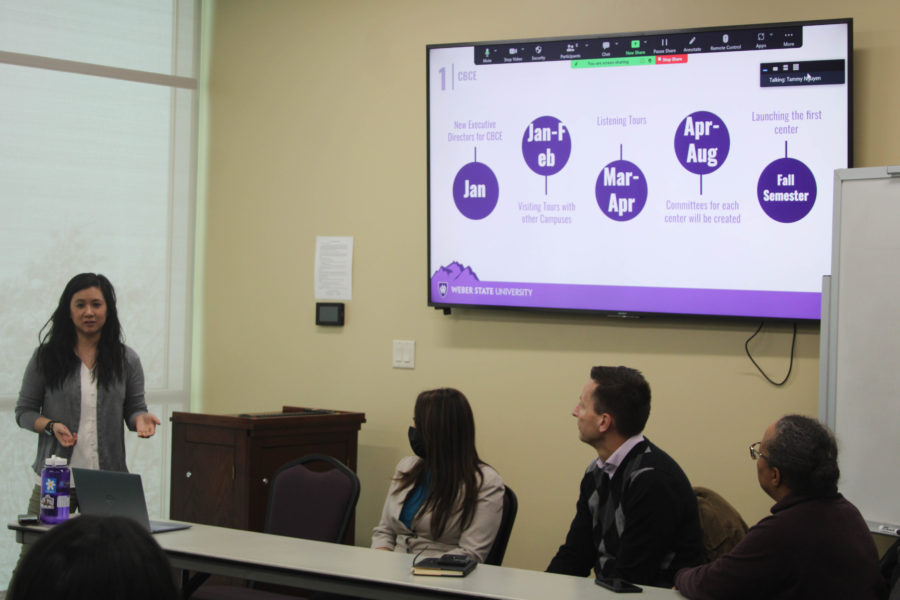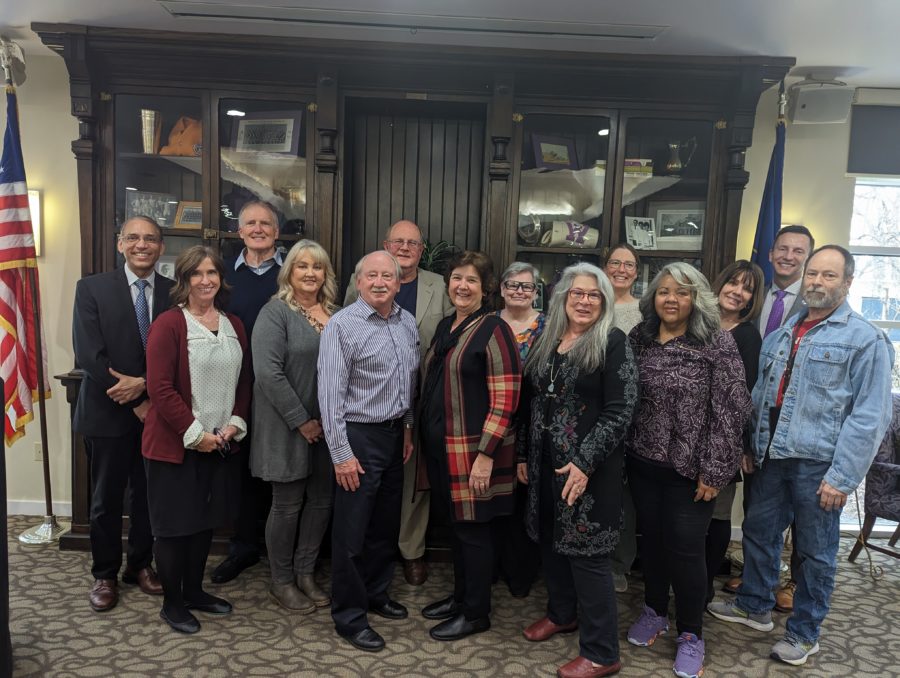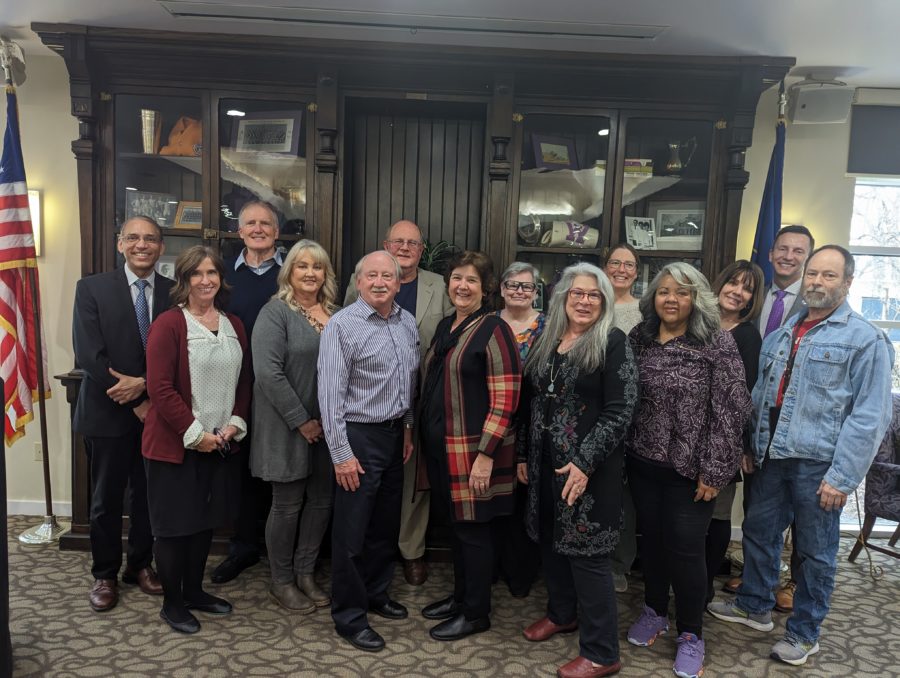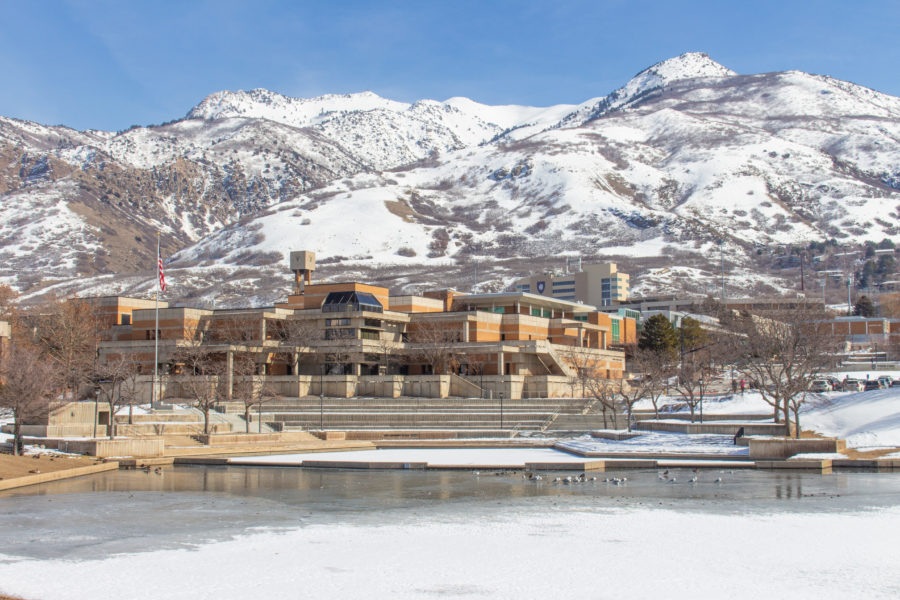Universities across the country are leading the fight to protect the environment. This includes Weber State University, where administrators, staff and student organizations alike are trying to cut down on energy use and get a little bit greener.
But there is an odd connotation to the word “green” that seems to float around — the idea that those who advocate for reducing environmental impact are extreme, left-wing radicals, which might be inhibiting many from doing the daily, regular, easy things that have been proven to help the environment.
Being green does not make one (with apologies) a “hippy-dippy tree-hugger.” Sure, some green-life advocates take things a bit too far for the average person to handle, using guilt and shaming to correct wasteful behavior. Despite what these folks might say, going green does not have to be an all-consuming new way of life. There are plenty of easy tips for reducing our environmental impact that even the least tree-huggy of us can accomplish. For instance . . .
. . . Saving energy can save money. By simply installing fluorescent light bulbs or “smart” power strips (which sense when plugged-in appliances are still using power, even when off), people can save money in the long term and do a good turn to the environment. The same can be said for setting the thermostat a few degrees lower in the winter and wearing more sweaters.
. . . Saving water saves money too. We can all take shorter showers (which saves on water and heating bills), or at least install low-flow showerheads. With the lawns we Americans love so much, the future might just lie in xeriscaping (using drought-tolerant, native plants in landscaping). It might take some adjusting and some work up front, but in the long run, this might do a great deal of good for the environment.
. . . Find ways to save gas. Many of us could telecommute instead of coming to school/the office as a formality. Walking or riding a bike to work saves on gas, and it keeps you healthy. Leaving that big, awesome truck at home might sting a bit for the first few days, but the adjustment in your personal life might just have a large impact on the health of the environment.
. . . Whatever you buy, check its environmental impact first. This list can begin with obvious no-nos like bottled water and foods with extensive, non-biodegradable packaging, but it can be as simple as buying local food. Buying local saves on pollution (fewer cross-country shipping routes) and keeps money in the local economy, which can, in turn, be invested in more green projects, like public transportation and recycling enhancements. With big purchases like furniture, consider looking in thrift stores or on secondhand sites, or at least buy items that will last a long time.
. . . Don’t throw things away that shouldn’t be thrown in the regular garbage cans. This includes recycling things that can be reused, but also means cutting down on e-waste (electronics), which might contain mercury or other toxins hazardous to the environment.
. . . Reuse everyday objects. Old newspaper has a million uses — dries wet shoes from the inside, insulates under doors, protects car seats — and, since it’s holiday season, save your wrapping paper and cards (the designs can be cut out and reused as postcards or gift tags), and wrap your ornaments in newspaper.




















